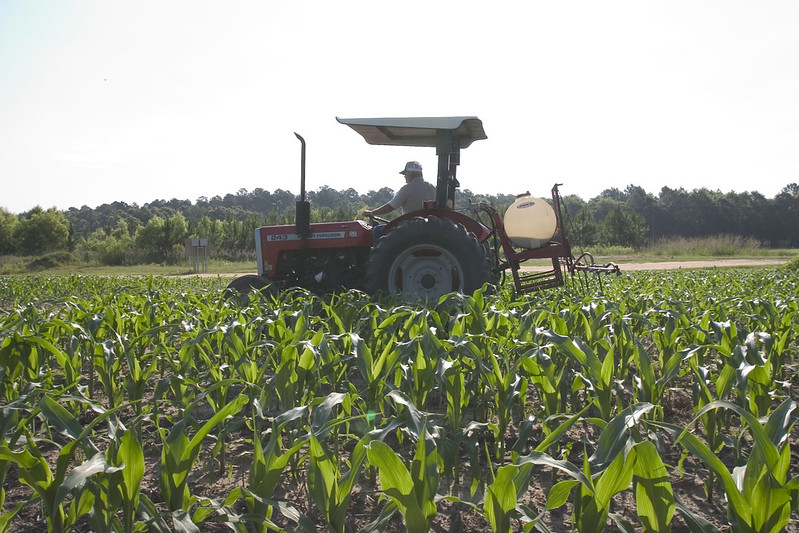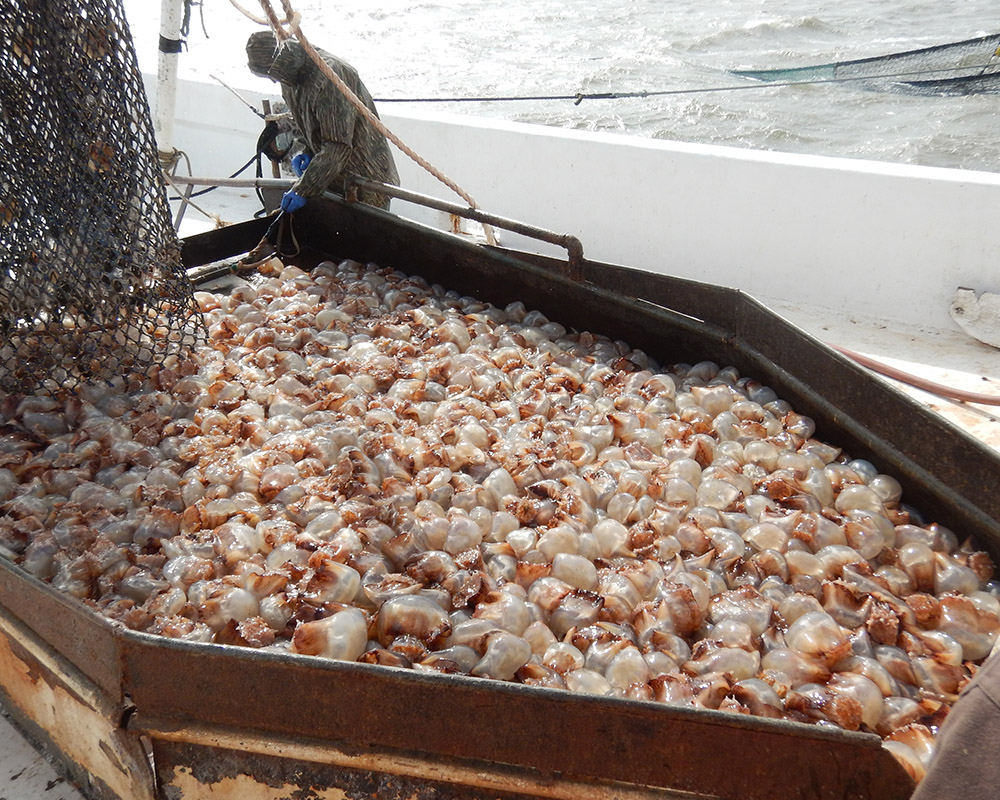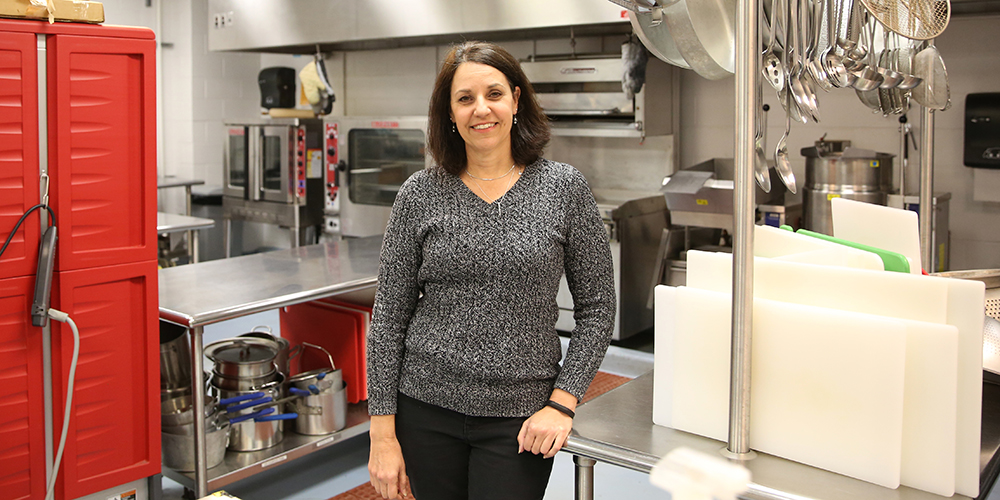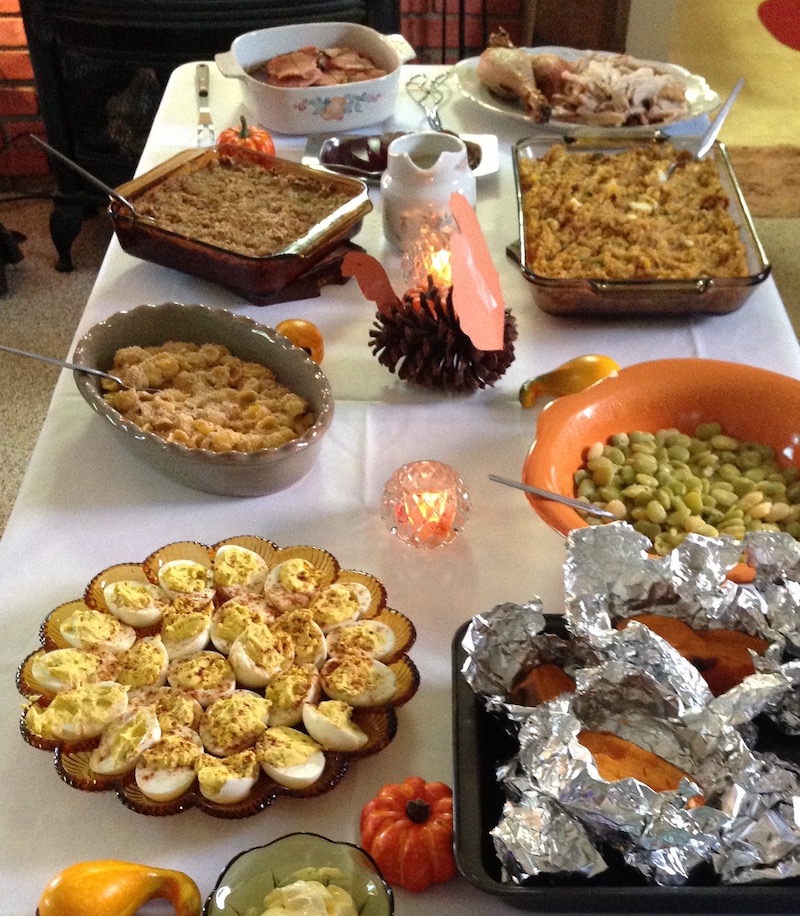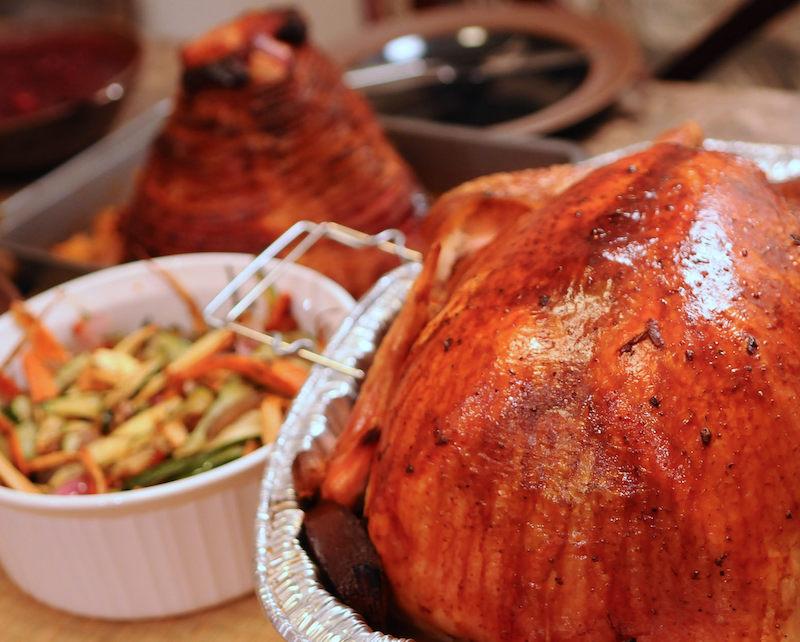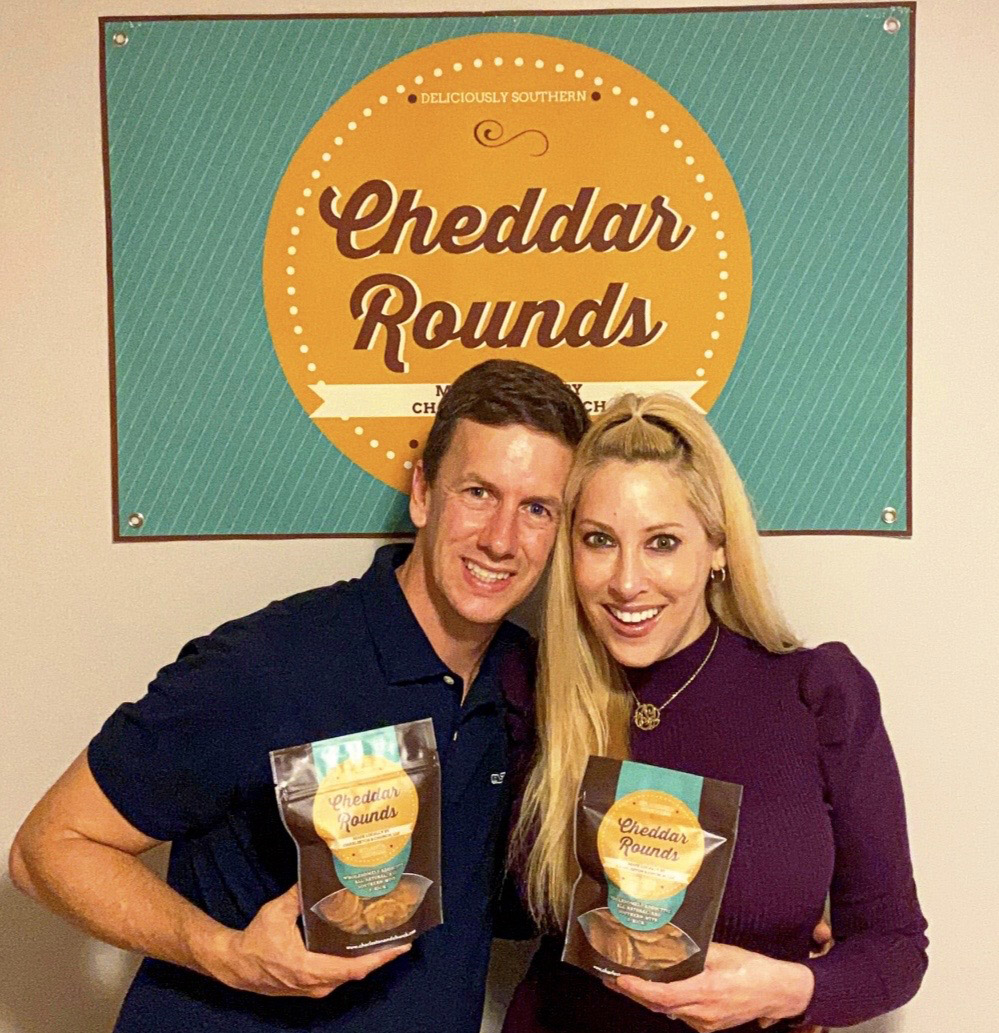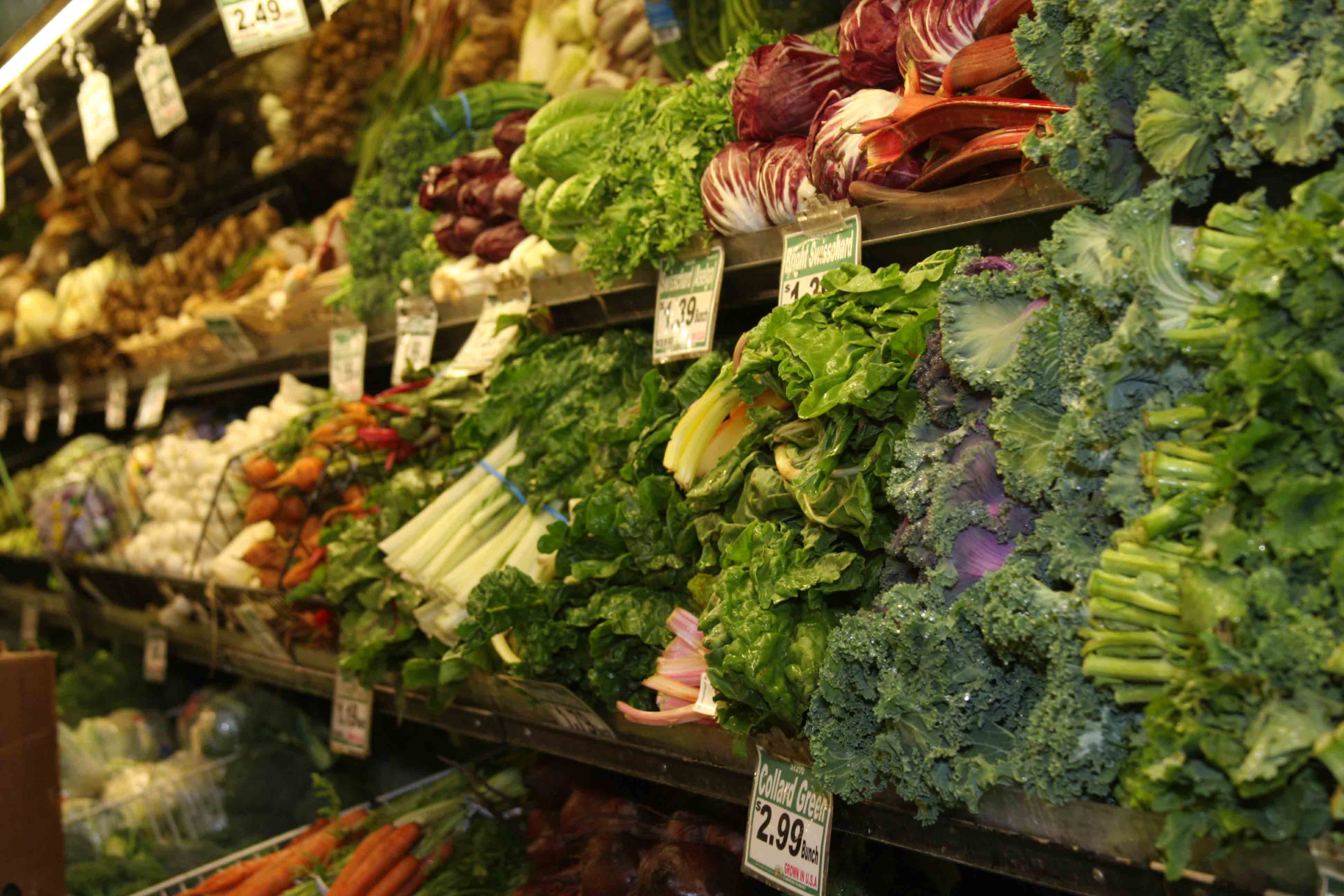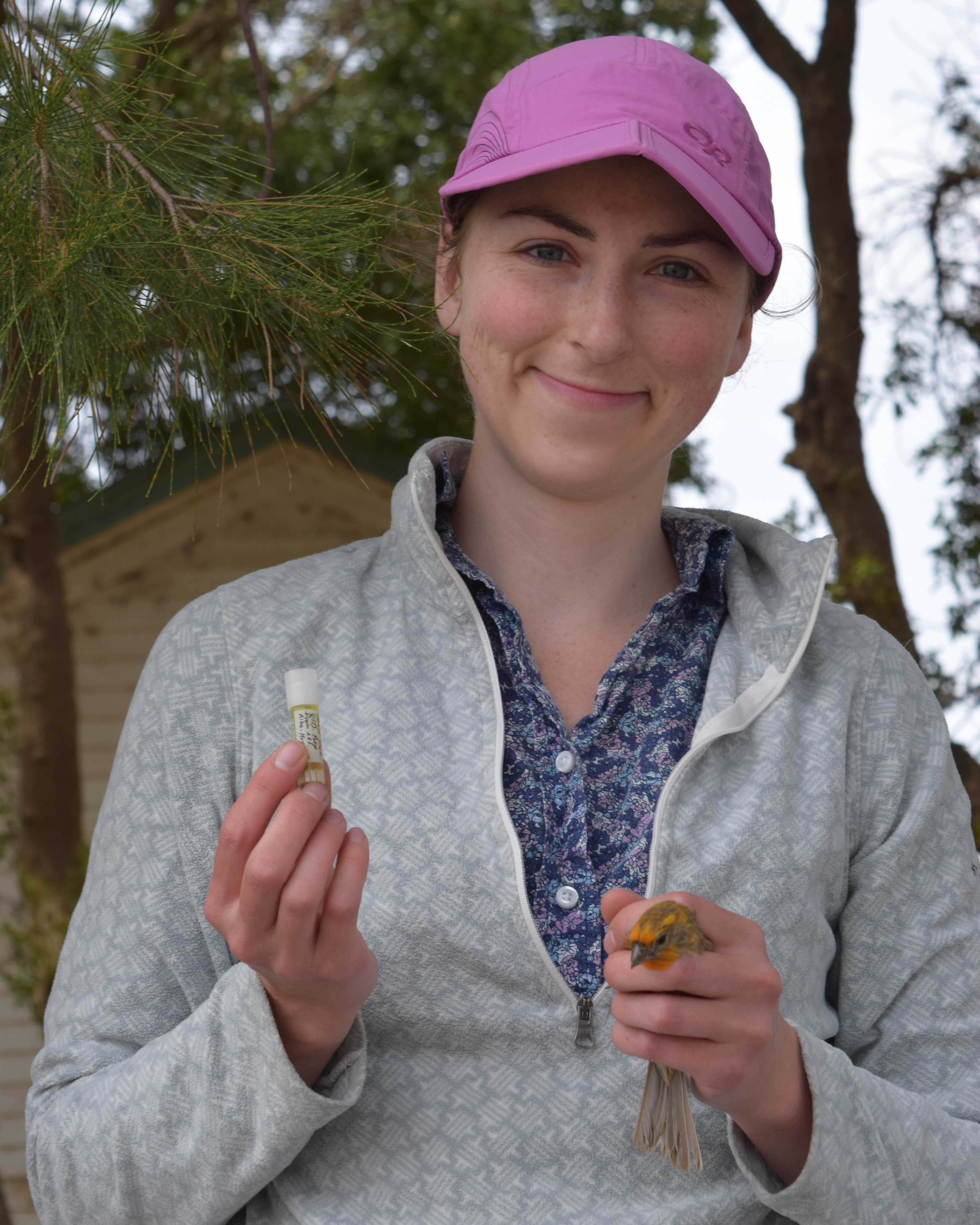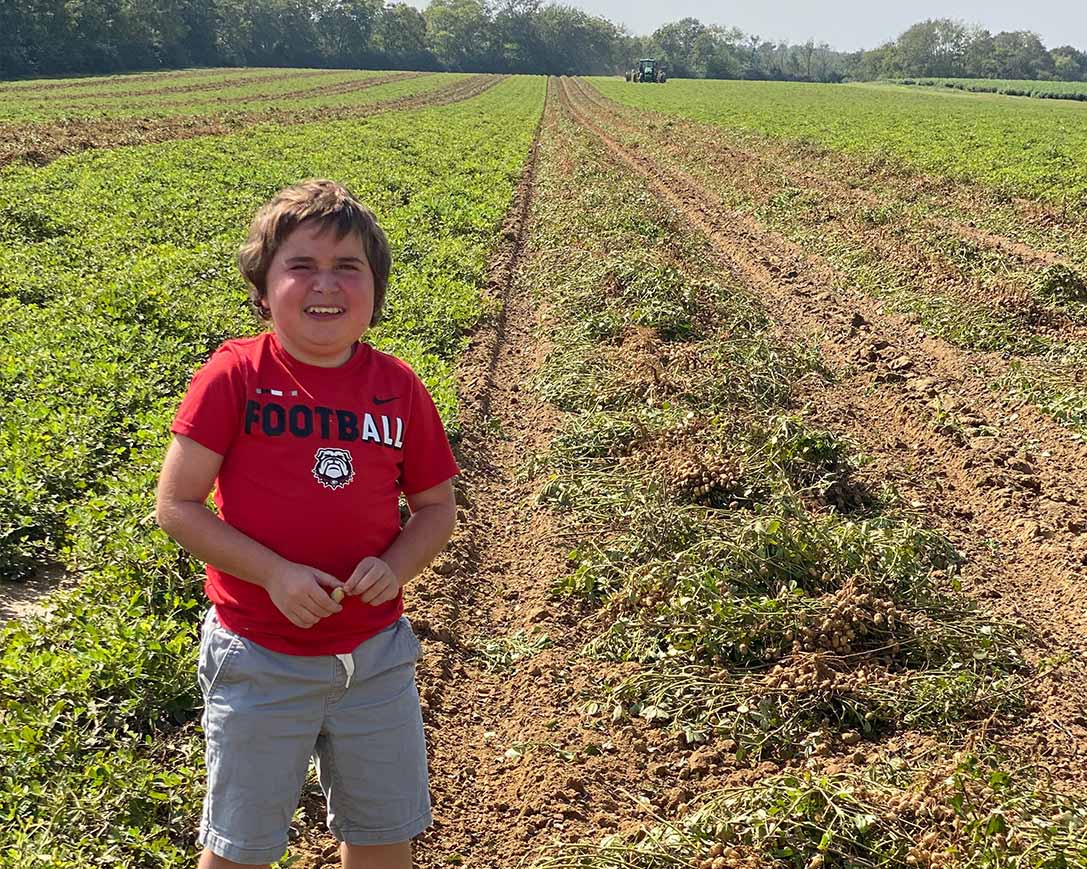 CAES News
CAES News
Young farmer honored in Early County
Passion, a loaded tractor and a little guidance is all it took for 11-year-old Wesley Cleveland to begin following in his father and namesake Wes Cleveland’s footsteps, becoming a reliable workhand on the family farm. Most notably described as ‘the future of agriculture’ by many in Early County, the younger Cleveland is contributing to Georgia’s nation-leading peanut crop production — and he’s doing most of it on his own.

